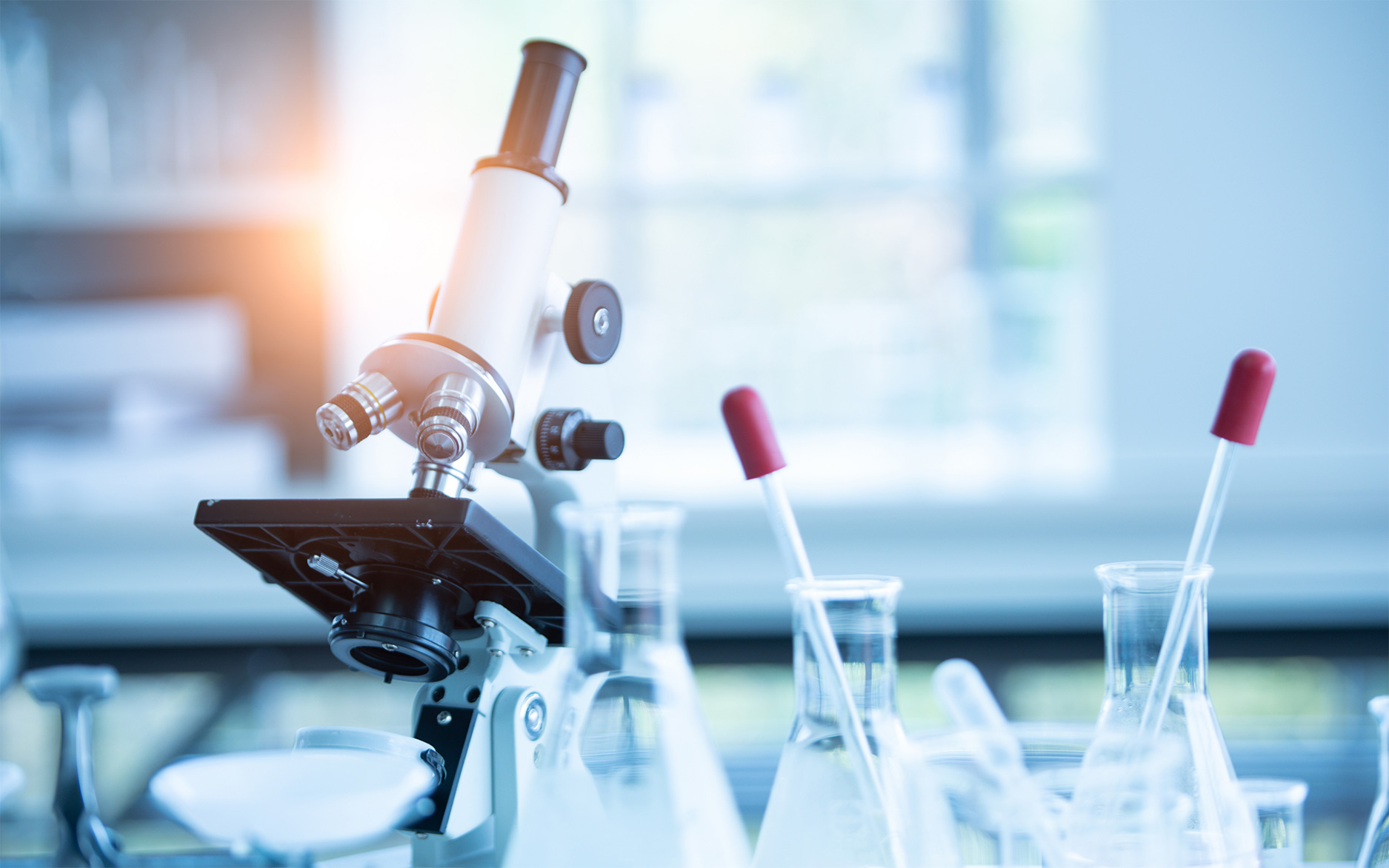Reliable physics lab equipment and electrical lab equipment are essential for accurate experiments, effective demonstrations, and safe student learning. Whether outfitting a school classroom, university laboratory, or private workshop, finding trustworthy suppliers and the right types of tools reduces downtime and improves outcomes.
Start by identifying your needs: basic teaching sets like power supplies, multimeters, and breadboards serve entry level electrical lab equipment requirements, while precision optical benches, motion sensors, and spectrometers address more advanced physics lab equipment needs.
Consider academic and institutional channels:
Many universities and research centers procure specialized apparatus through catalogues designed for education and research. These channels often provide specifications, compatibility information, and support services valuable when selecting complex devices for a physics lab. Educational consortia and government procurement programs can also offer vetted options with standardized quality controls, streamlining the purchasing process for institutions on tight budgets and ensuring compliance with curricular requirements.
Local distributors and laboratory supply stores provide hands on advantages:
Visiting a showroom or workshop allows you to inspect build quality, ask technical questions, and sometimes test equipment. Local vendors may also offer faster delivery, on site installation, and service agreements important for minimizing downtime when a device fails. Independent lab equipment dealers and refurbished equipment specialists can be cost effective, particularly for schools or startups looking to balance quality with fiscal constraints; however, ensure refurbished items include calibration and a clear warranty.
Online marketplaces and specialist e commerce platforms expand options and offer comparison shopping across brands and price points. Product reviews, technical forums, and community feedback can be helpful, especially for popular items like meters, power supplies, and basic physics apparatus. When buying electrical lab equipment online, pay attention to specifications such as voltage and current ratings, safety certifications, and included accessories. For physics lab equipment, detailed descriptions of measurement ranges, resolution, and environmental tolerances help match instruments to experimental goals.
Network with educators and technicians: professional communities
Online forums, and social media groups focused on STEM education often share recommendations and real world experiences. Conferences and trade shows showcase new products and allow direct dialogue with manufacturers and technical representatives. These interactions can reveal practical insights about durability, ease of use, and long term support factors that matter more than initial price when selecting instruments for repeated classroom or research use.
Finally, prioritize safety and compliance.
Ensure devices meet relevant electrical safety standards, include proper insulation and grounding, and come with clear user manuals. For sensitive measurements, choose instruments with traceable calibration and documented accuracy. Thoughtful sourcing combining institutional procurement, local expertise, online research, and peer recommendations will help you find reliable physics lab equipment and electrical lab equipment that meet educational and research objectives. Invest time in warranties, calibration options, and supplier reputation to secure long term value and consistent performance for institutions.
Conclusion
Choosing reliable physics lab equipment and electrical lab equipment requires careful research, safety checks, and peer recommendations. Balance cost against calibration, warranties, and local technical support. Prefer suppliers who meet standards and offer documentation; this ensures accurate results, equipment longevity, and a safer, more productive learning and research environment overall.

